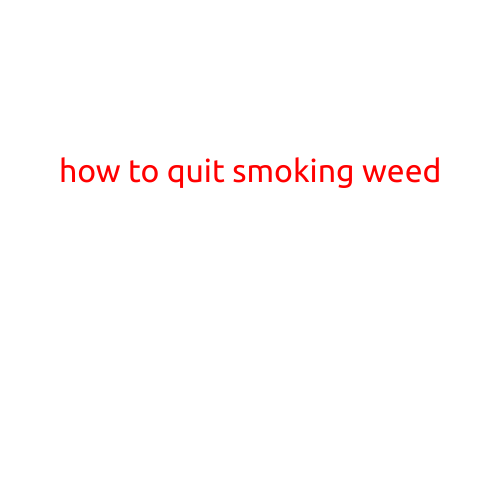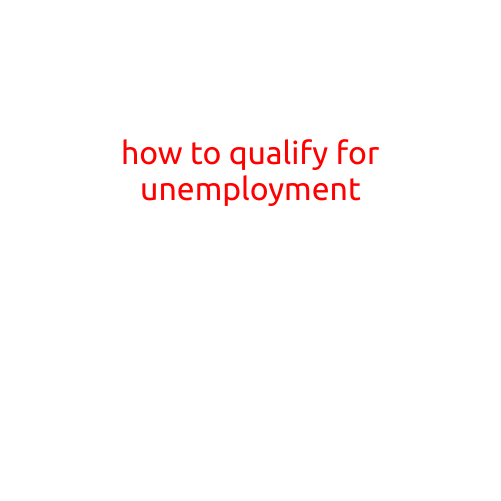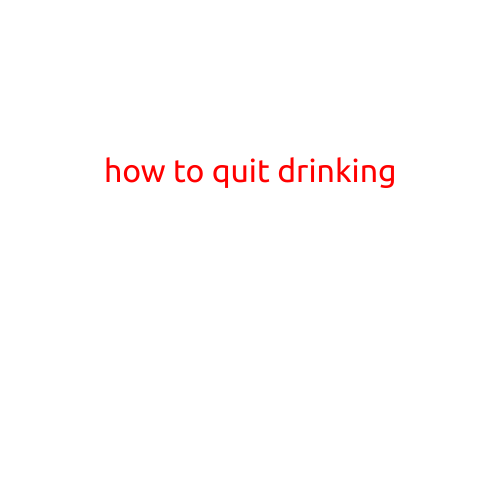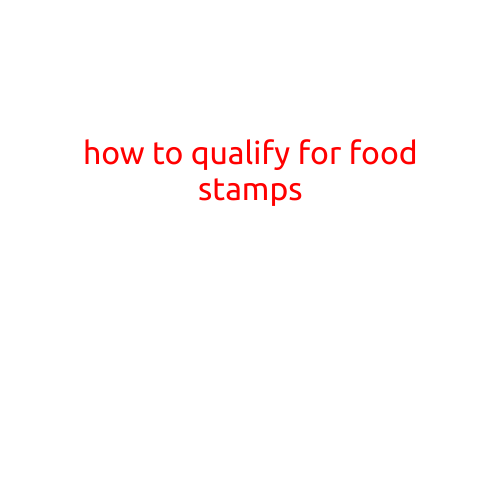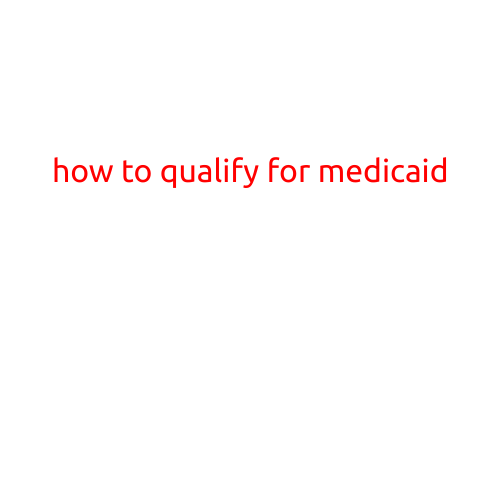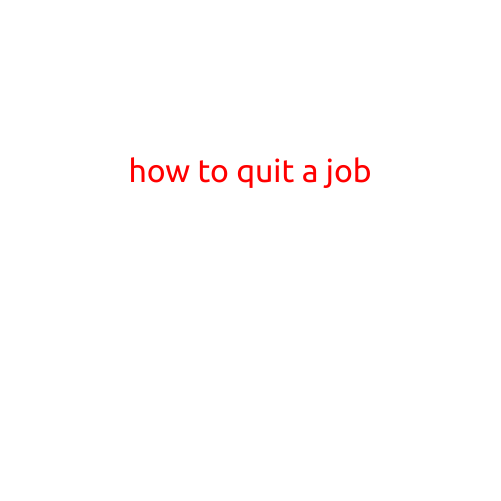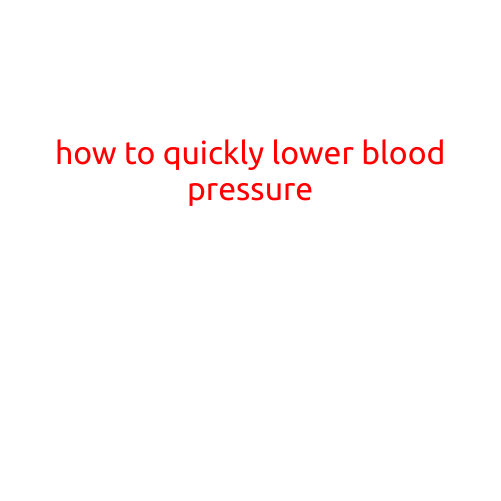
How to Quickly Lower Blood Pressure
High blood pressure is a common condition that affects millions of people worldwide. If left unmanaged, it can lead to serious health concerns, including heart disease, stroke, and kidney disease. Fortunately, there are several ways to quickly lower blood pressure and reduce the risk of these complications. In this article, we will explore the most effective methods to rapidly lower blood pressure and keep it under control.
Method 1: Drink Water
Drinking water is one of the simplest and most effective ways to quickly lower blood pressure. Dehydration can cause blood vessels to constrict, leading to increased blood pressure. Drinking water helps to dilate blood vessels, reducing blood pressure and improving overall circulation. Aim to drink at least 8-10 glasses of water per day to keep your blood pressure in check.
Method 2: Exercise
Regular exercise is essential for maintaining a healthy blood pressure. Exercise helps to strengthen the heart and blood vessels, reducing blood pressure and improving overall cardiovascular health. Aim for at least 30 minutes of moderate-intensity exercise per day, such as brisk walking, cycling, or swimming.
Method 3: Practice Deep Breathing Exercises
Deep breathing exercises are a simple and effective way to quickly lower blood pressure. When we are stressed or anxious, our breathing becomes shallow and rapid, which can cause blood pressure to rise. Deep breathing exercises help to calm the nervous system, reducing blood pressure and promoting relaxation. Try inhaling deeply through your nose, holding your breath for a count of 4, and exhaling slowly through your mouth.
Method 4: Listen to Music
Music has a profound impact on our mental and emotional well-being. Research has shown that listening to calming music can help to reduce blood pressure and promote relaxation. Try listening to your favorite calming music for 30 minutes per day to help lower your blood pressure.
Method 5: Reduce Stress
Stress is a major contributor to high blood pressure. When we are stressed, our body releases stress hormones, such as cortisol and adrenaline, which can cause blood vessels to constrict and blood pressure to rise. Try practicing stress-reducing techniques, such as meditation, yoga, or progressive muscle relaxation, to help lower your blood pressure.
Method 6: Get a Good Night’s Sleep
Sleep is essential for overall health and well-being. Lack of sleep can cause blood pressure to rise, while getting a good night’s sleep can help to reduce blood pressure and promote relaxation. Aim for 7-8 hours of sleep per night to help keep your blood pressure under control.
Method 7: Limit Sodium Intake
A diet high in sodium can cause blood pressure to rise. Try to limit your sodium intake to less than 2,300 milligrams per day. Read food labels carefully and choose low-sodium options to help reduce your blood pressure.
Method 8: Consume Potassium-Rich Foods
Potassium helps to counteract the effects of sodium and can help to lower blood pressure. Include potassium-rich foods, such as bananas, leafy greens, and sweet potatoes, in your diet to help keep your blood pressure under control.
Method 9: Try Herbal Remedies
Certain herbal remedies, such as garlic, ginkgo biloba, and hawthorn, have been shown to help lower blood pressure. However, always consult with your healthcare provider before trying any new supplements or herbs.
Method 10: Manage Medication
If you are taking medication for high blood pressure, make sure to take it as directed and do not skip doses. If you are experiencing side effects, consult with your healthcare provider to adjust your dosage or switch to a different medication.
Conclusion
Lowing blood pressure quickly and effectively is achievable with these 10 methods. Remember to consult with your healthcare provider before starting any new exercise or stress-reducing therapies, especially if you have a pre-existing condition or are taking medication. By incorporating these methods into your daily routine, you can reduce your blood pressure and improve your overall cardiovascular health.
